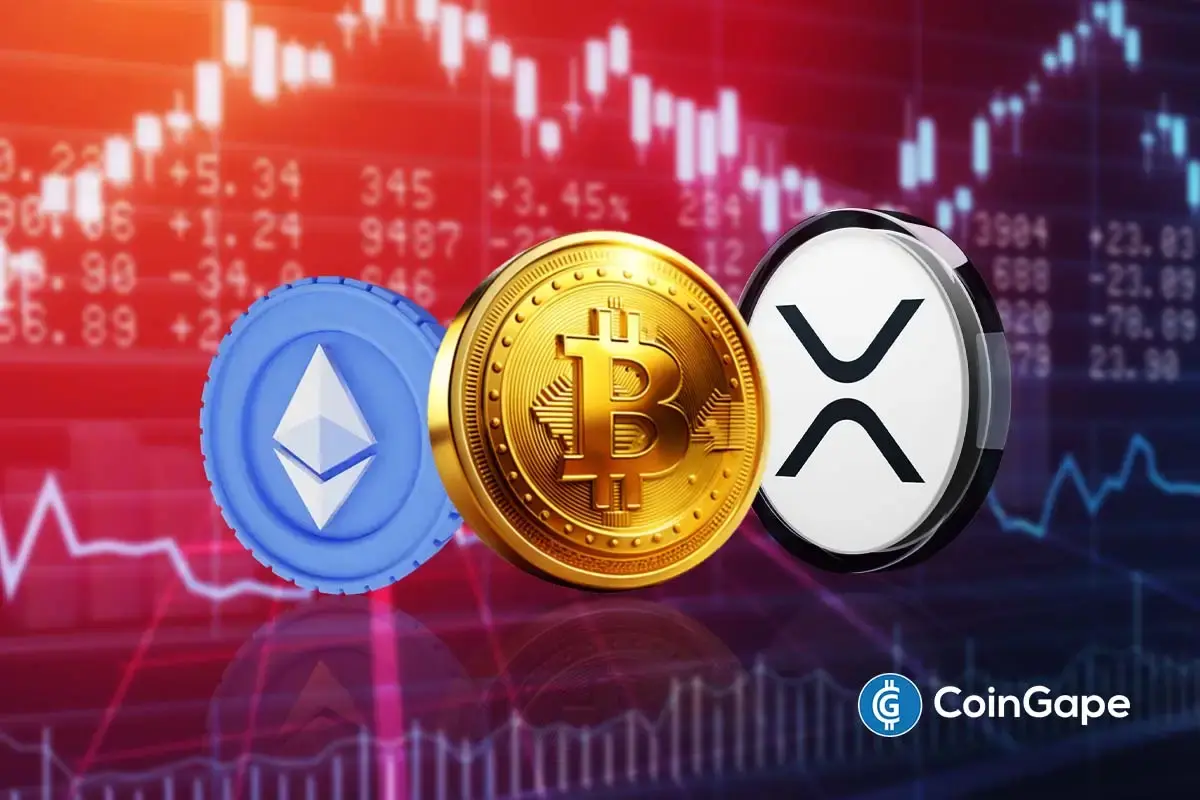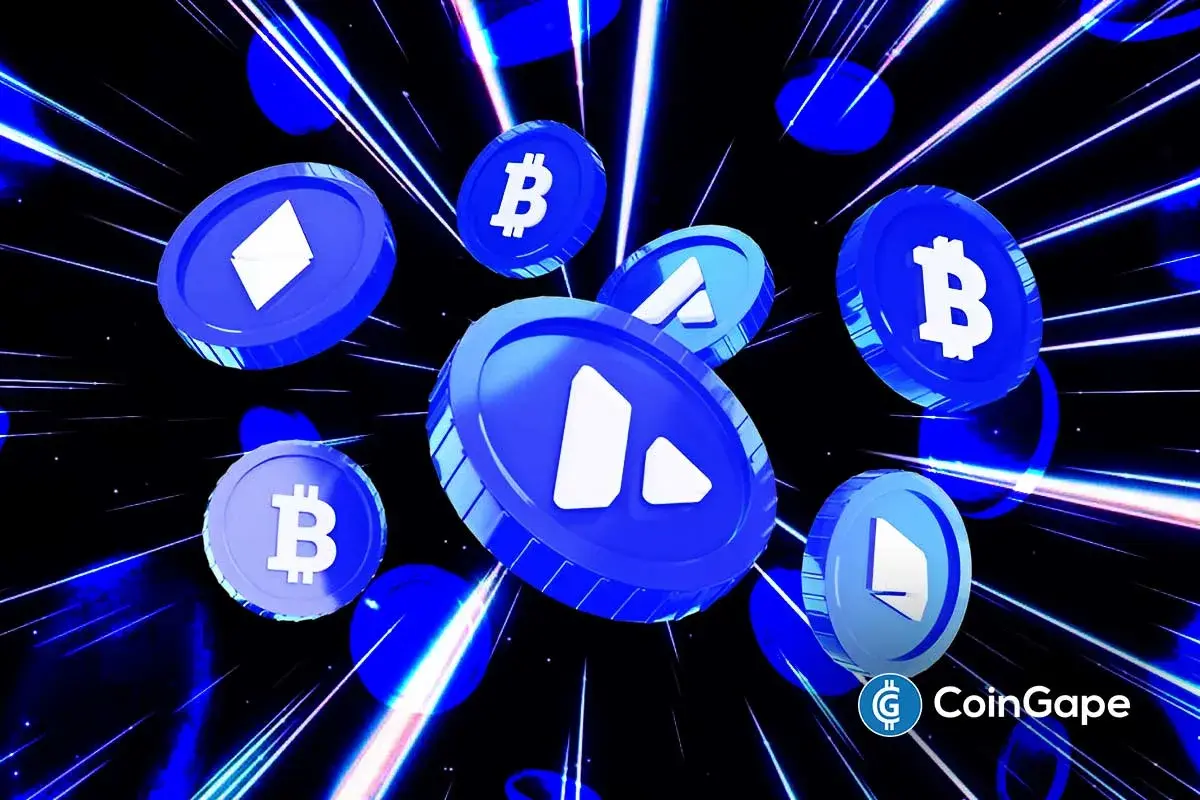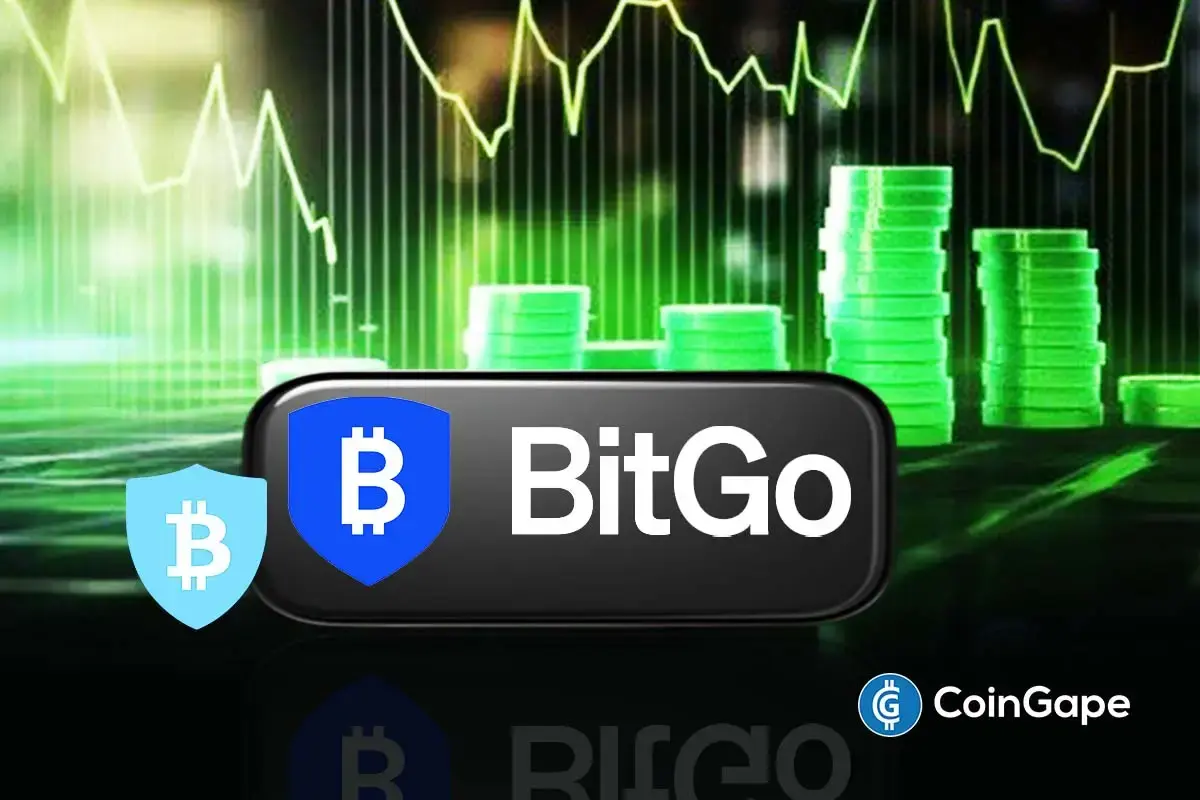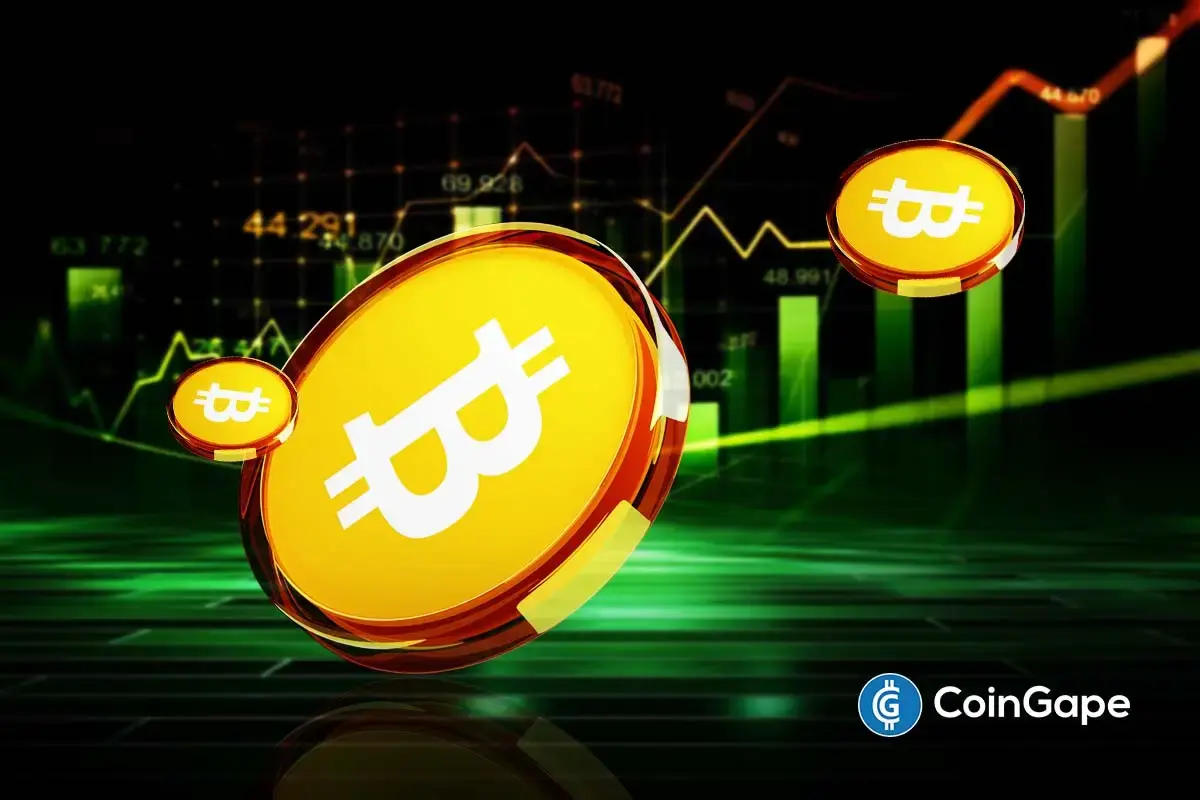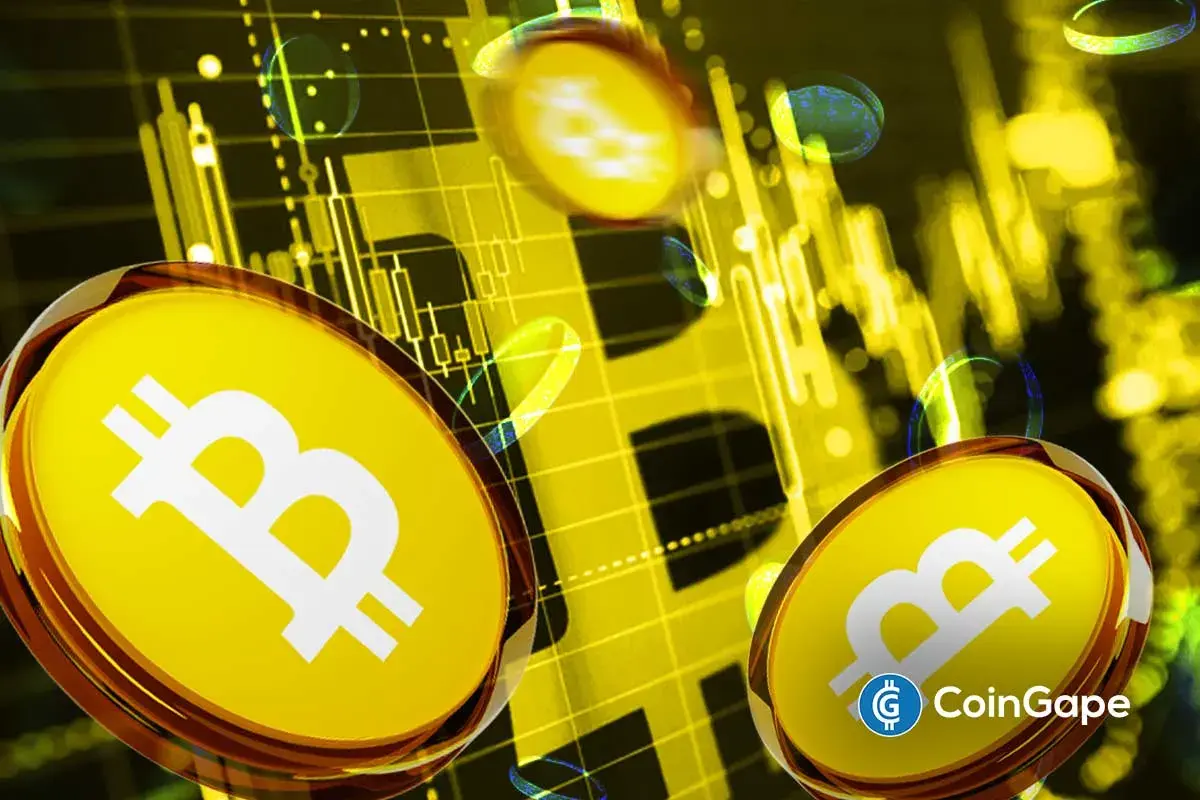El Salvador Pauses Bitcoin (BTC) Purchases Amid IMF’s $1.4B Loan Pressure

Highlights
- El Salvador has paused its daily Bitcoin purchase after its agreement with IMF for a $1.4B loan.
- The country has modified its Bitcoin law, stripping this digital asset of its currency status, unmandated BTC transactions, and more.
- Investors are concerned about El Salvador's decision, which could impact BTC's price performance.
El Salvador, the first country to accept Bitcoin as a legal tender, has paused its BTC purchases, shocking the entire crypto community. Despite the country’s commitment to buying one token of the biggest cryptocurrency in the market daily, it has stopped the process amid pressure from the International Monetary Fund (IMF) ’s $1.4 billion loan. Let’s discuss what this means and what will change after this.
El Salvador Changes Its Bitcoin Strategy After IMF’s Loan Pressure
According to Arkham Intelligence, El Salvador has halted its Bitcoin buying strategy. Its last purchase was on February 17, nearly a week ago. This information contrasts the country’s holding of 6,000 BTC, valued at approximately $586 million at the current BTC price, and with President Nayib Bukele’s previously announced strategy of acquiring one token daily.
However, this halt is not immediate, as it has been in process for months, with Bukele passing the reform bill. In March 2024, Bukele transferred country’s holdings into its first Bitcoin piggy bank, or cold wallet, marking the beginning of the regulatory shift. Interestingly, they had 5,600 BTC worth over $400 million at that time.
This happened after the country signed an agreement with the IMF for the $1.4 billion Extended Fund Facility after four years of negotiations. More importantly, it is structured for over 40 months. In return, the nation had to modify its crypto policies, including holding up its crypto-related initiatives.
Another significant policy change was stripping off BTC’s status as a currency. This happened back on January 29, when the assembly passed the legislation with 55-2 votes, which resulted in the modifications of six articles of the Bitcoin law and the repelation of three.
As a result, businesses can no longer be mandated to accept BTC and must settle in the country’s issued currency. However, they can still maintain the legal tender designation.
Market and Economic Implications of El Salvador’s News
El Salvador’s decision to buy and adopt BTC has greatly influenced investors’ sentiments toward this cryptocurrency. Over time, it has also significantly influenced the BTC price, so this shift could also affect the token’s price.
Additionally, the country’s decision to prioritize its economic stability with a currency instead of a digital asset could influence others, as many were influenced by the government’s dedication to this crypto. More importantly, these changes would impact crypto’s image, especially as people eye a Bitcoin reserve as the solution to US debt.
El Salvador finally abandoned its failed experiment of using Bitcoin as legal tender. After two years, only 8% of Salvadorans used Bitcoin even once. If Bitcoin can’t function as a medium of exchange—the purpose for which it was created—what value does it have that can be stored? says Peter Schiff
Even Senate Cynthia Lummis claimed BTC solves the gold reserve problems. While the country’s stance on BTC remains the same, the political shift may not strictly impact the price. Moreover, representatives like Mayorga claim that the government is taking a step back and is not abandoning its crypto experiment entirely.
Bottom Line
In an attempt to prioritize economic stability, El Salvador has stopped the BTC buying strategy, with the last buying being on February 17. It was the first country to consider this digital asset a legal tender and introduced many strict articles for better adoption. However, the government has made significant crypto policy changes due to its $1.4 billion loan with the IMF.
Although this is critical news for the crypto industry, this deal will add additional financial support to the country, especially as it could reach over $3.5 billion throughout the program period.
Play 10,000+ Casino Games at BC Game with Ease
- Instant Deposits And Withdrawals
- Crypto Casino And Sports Betting
- Exclusive Bonuses And Rewards

Frequently Asked Questions (FAQs)
1. Why has El Salvador paused its Bitcoin purchases?
2. Does Bitcoin still have the currency status in El Salvador?
3. Is El Salvador abandoning its Bitcoin experiment entirely?
- XRP Price Dips on US-Iran Conflict, But Capitulation Signals March Rebound
- Crypto Market at Risk as U.S.–Iran War Threatens Inflation With Oil Price Surge
- Polymarket U.S.–Iran Strike Bets Fuel Insider Trading Speculation as Crypto Traders Net $1.2M
- Cardano’s DeFi TVL Climbs as USDCx Stablecoin Launches on Network
- Gold vs. Bitcoin: Can Gold Outperform BTC Amid US–Iran Conflict?
- Top Analyst Predicts Pi Network Price Bottom, Flags Key Catalysts
- Will Ethereum Price Hold $1,900 Level After Five Weeks of $563M ETF Selling?
- Top 2 Price Predictions Ethereum and Solana Ahead of March 1 Clarity Act Stablecoin Deadline
- Pi Network Price Prediction Ahead of Protocol Upgrades Deadline on March 1
- XRP Price Outlook As Jane Street Lawsuit Sparks Shift in Morning Sell-Off Trend
- Dogecoin, Cardano, and Chainlink Price Prediction As Crypto Market Rebounds

 Buy $GGs
Buy $GGs








